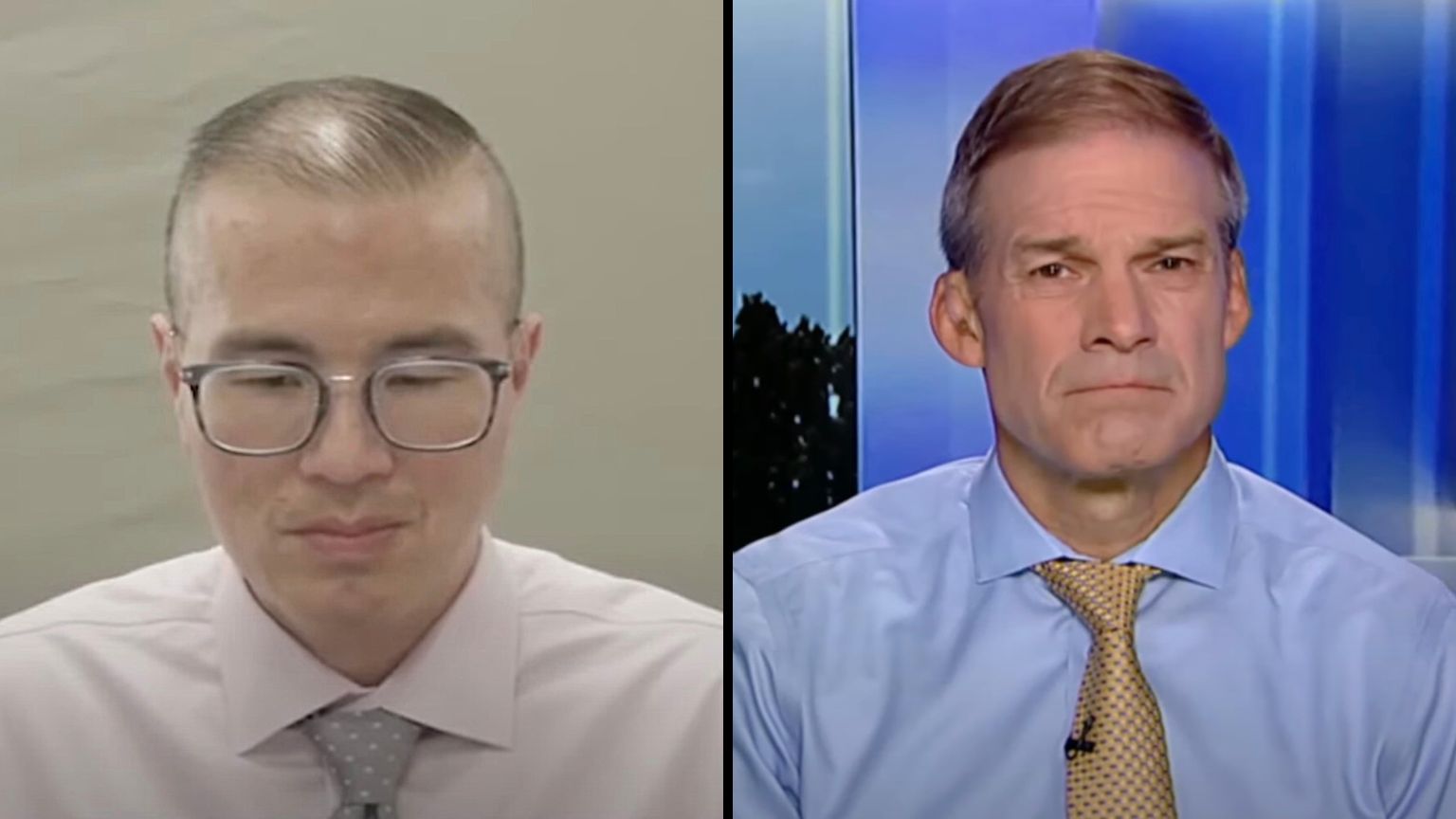Congressman Jim Jordan, acting as the chair of the House Judiciary Committee, has formally summoned FBI agent Elvis Chan via a subpoena, demanding he come forth and share information about the FBI’s active involvement in online censorship.
This move comes amidst escalating concerns around freedom of speech, and as a potentially significant case regarding the same issue is hovering on the doorstep of the Supreme Court.
We obtained a copy of the subpoena letter for you here.
Accusations lobbied by Jordan point towards potential intimidation and collaboration between the Executive Branch and larger corporate bodies in order to suppress speech. Chan, who served as the FBI’s Foreign Influence Task Force liaison to companies like Facebook and Twitter, was expected to cooperate with Jordan, but his refusal to appear without having either his personal or an FBI lawyer present paved the way for the issuance of the subpoena.
Representative Jordan’s stern stance reflects concerns about initial censoring of topics due to perceived threats of foreign influence or misinformation, when such topics later claimed legitimacy. The involvement of Chan with social media giants during the period leading up to the 2020 Election backdrop heightens the sense of urgency around the investigation.
The landmark case,Missouri v. Biden, might soon find itself under the Supreme Court’s scrutiny. It encapsulates the contention by Missouri and Louisiana against the federal government’s alleged influence on social media platforms to remove certain content, particularly that related to COVID-19.
Controversy ignited over the federal government’s overreach in pressuring these platforms to censor content that was initially deemed misinformation but later gained credibility.
The 5th Circuit Court of Appeals backed a ruling by Judge Terry Doughty which argued that the government exceeded its boundaries while edging companies to censor content. Doughty further established an injunction halting federal authorities from causing further deletion of constitutionally shielded speech.
Supporters of free speech argue that the fundamental principle of the First Amendment is being jeopardized by veiled government tactics that seemingly transgress constitutional bounds and impose a selective form of censorship. Jordan’s point to Chan is that it’s an abuse of constitutional safeguards if governmental officials exploit private entities to engineer outcomes that they cannot achieve directly.








